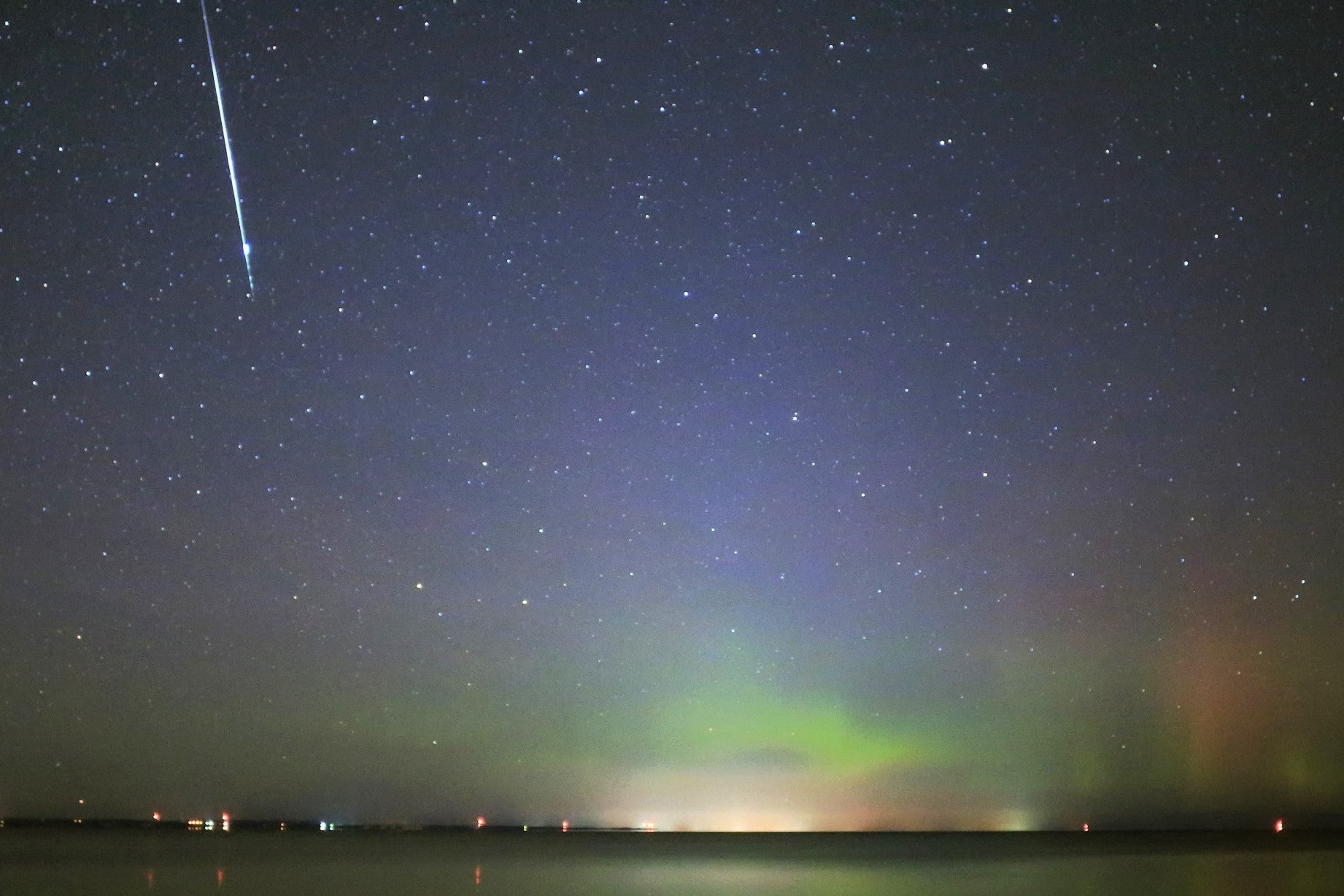Mea Culpa: a masterpiece from much longer ago
Questions of language and style in last week’s Independent, reviewed by John Rentoul


We quoted Nicholas Papadopulos, the Dean of Salisbury, on Tuesday. He welcomed the prospect of the return of the Sarum Bible, the work of the unknown medieval artist known as the Sarum Master, to Salisbury cathedral “after nearly 800 years”, saying: “The artistry of the Sarum Master speaks to a century’s long tradition of creativity at Salisbury.”
What he thought he was saying was “centuries-long”, which sounds the same, and we should have worked out what he meant, having just written “after nearly 800 years”.
Mystery savings: On our business pages we reported the results of IAG, the company that owns British Airways, Iberia and Aer Lingus: “Fuel costs were 4.2 per cent lower than the previous year, due to lower average prices and more efficient aircraft deliveries, IAG said.” This puzzled Roger Thetford, who couldn’t understand how so much fuel could be saved by delivering aircraft more efficiently – until he realised that we meant “deliveries of more efficient aircraft”. Which is what we should have said.
Riding the ripple: In our “Pictures of the Day” feature, one of the headings was “Making waves” and the caption read: “A surfer rides on an artificial ripple in the river Eisbach at the English Garden in Munich, Germany.” This effort to avoid repeating the word “wave” made us look silly, because a ripple is not the same thing, as Henry Peacock pointed out.
Mixed metaphor of the week: We did not do the mixing, but this was a useful warning of the dangers of piling up analogies. We quoted Wes Streeting, the health secretary, who claimed that his plan to remove underperforming NHS leaders was “about weeding out the rotten apples so the excellent leaders are not tarred with the same brush”.
Apples are not growing by the time they are stored, and would not be weeds anyway. The point about rotten apples is that the rot spreads, spoiling the whole barrel, while tarring comes from a different metaphor, that of tarring and feathering traitors, when the “innocent” may be punished along with the “guilty”.
Falling upwards: We had a “meteoric rise” in a headline on Tuesday – an old favourite of pedants of all ages, because meteors fall to earth, and blaze briefly as they do so. This time it was Justin Welby, whose rapid promotion through the ranks of the Church of England could have been described as “dizzying” or “vertiginous” rather than “meteoric”.
Inconsequentialness: In our account of the meeting between Joe Biden and Donald Trump, we said: “It was a calm, almost surreal scene, in its simplicity and pleasantry.” As Richard Thomas pointed out, “pleasantry” is not the right word there, meaning an inconsequential remark made for polite conversation. We could have said “in its simplicity and its exchange of pleasantries”, which would also have been accurate, but I think we meant “pleasantness”, which seems like a made-up word.
Indeed, Richard Hanson-James, another reader, accused us of making up new words by simply sticking “–ness” on the end. He objected to this, in a review of Wolf Hall: “His Cromwell is a man who knows the precariousness of his station”. Should that not be “precarity”, he asked. Well, strictly, it should, but that sounds even more like a pretend word. I suggested that we should have rewritten thus: “His Cromwell is a man who knows how precarious his station is.”
We could all agree, however, that this sentence in our sports pages about the team selection of Lee Carsley, the caretaker manager of the England team, went too far: “If there is a courageousness to some of his choices, there was vindication, too.”
A marvellous way of doubling the length of the word “courage”.



Join our commenting forum
Join thought-provoking conversations, follow other Independent readers and see their replies
Comments